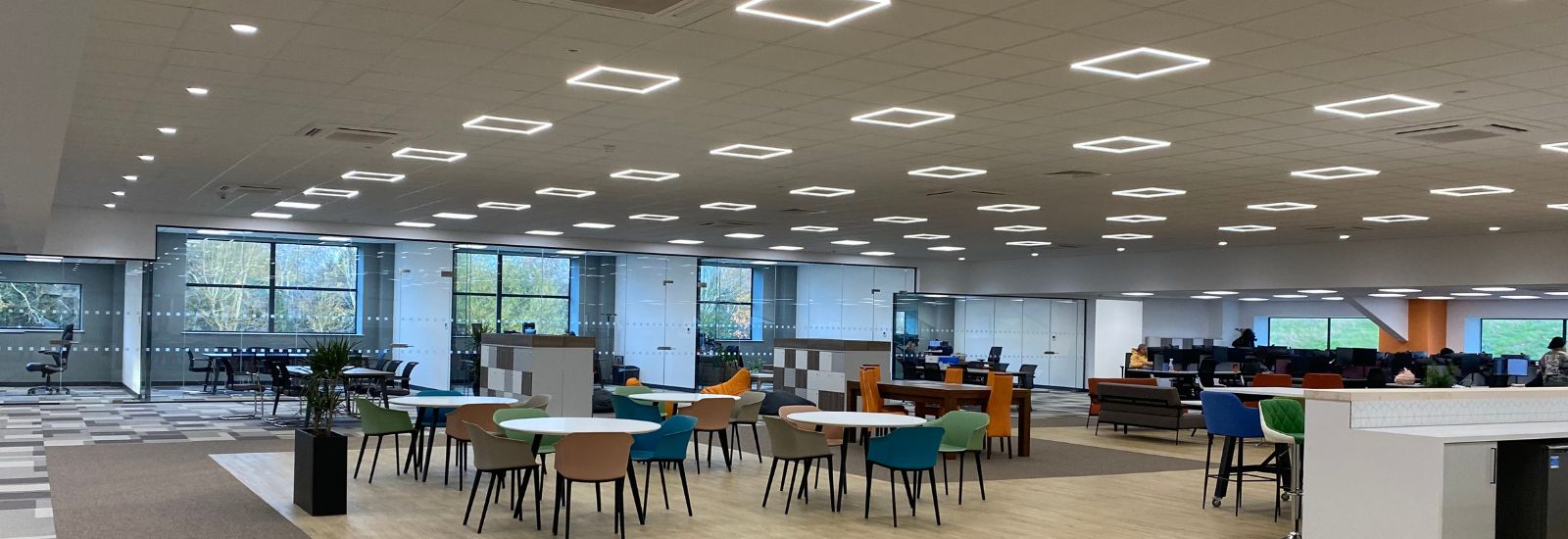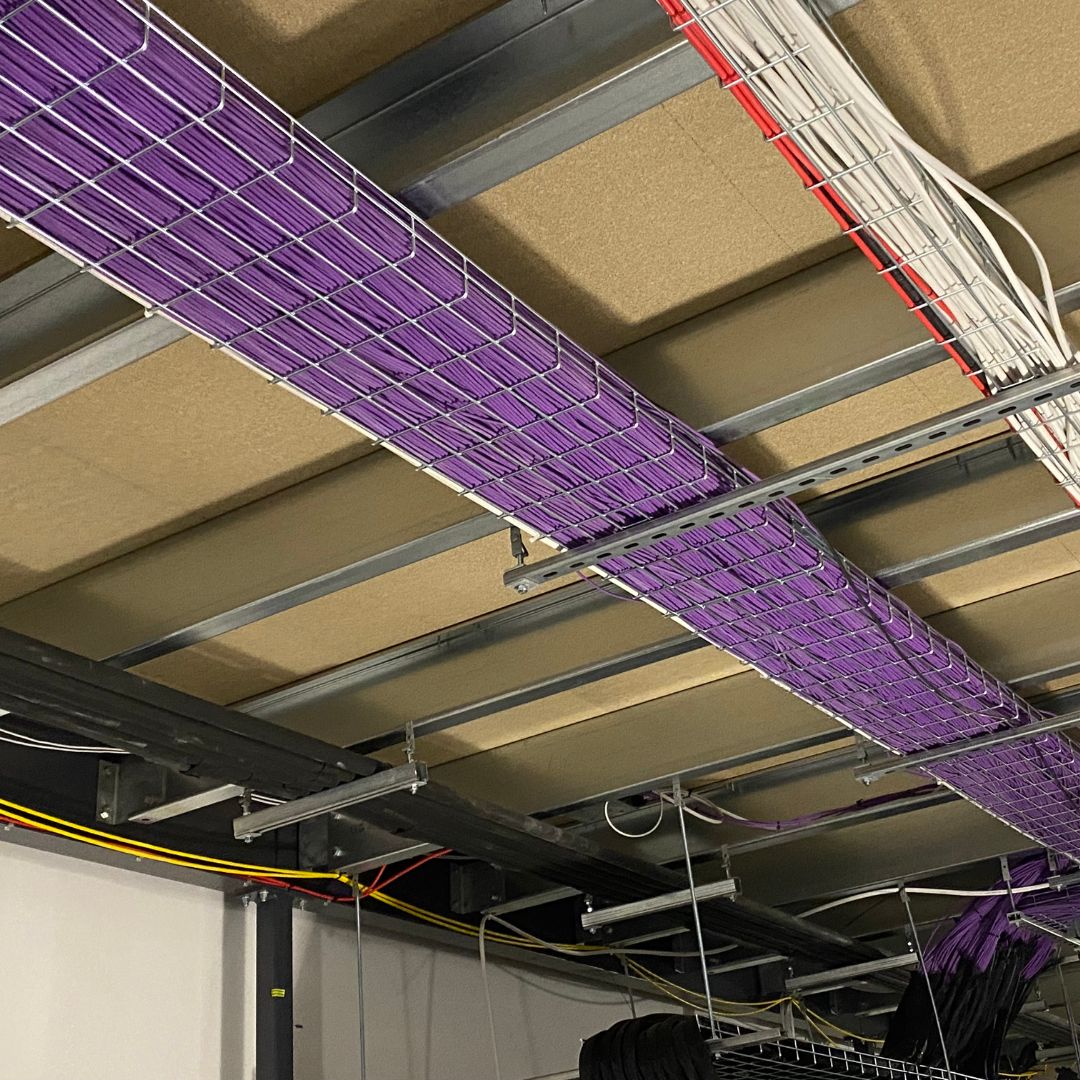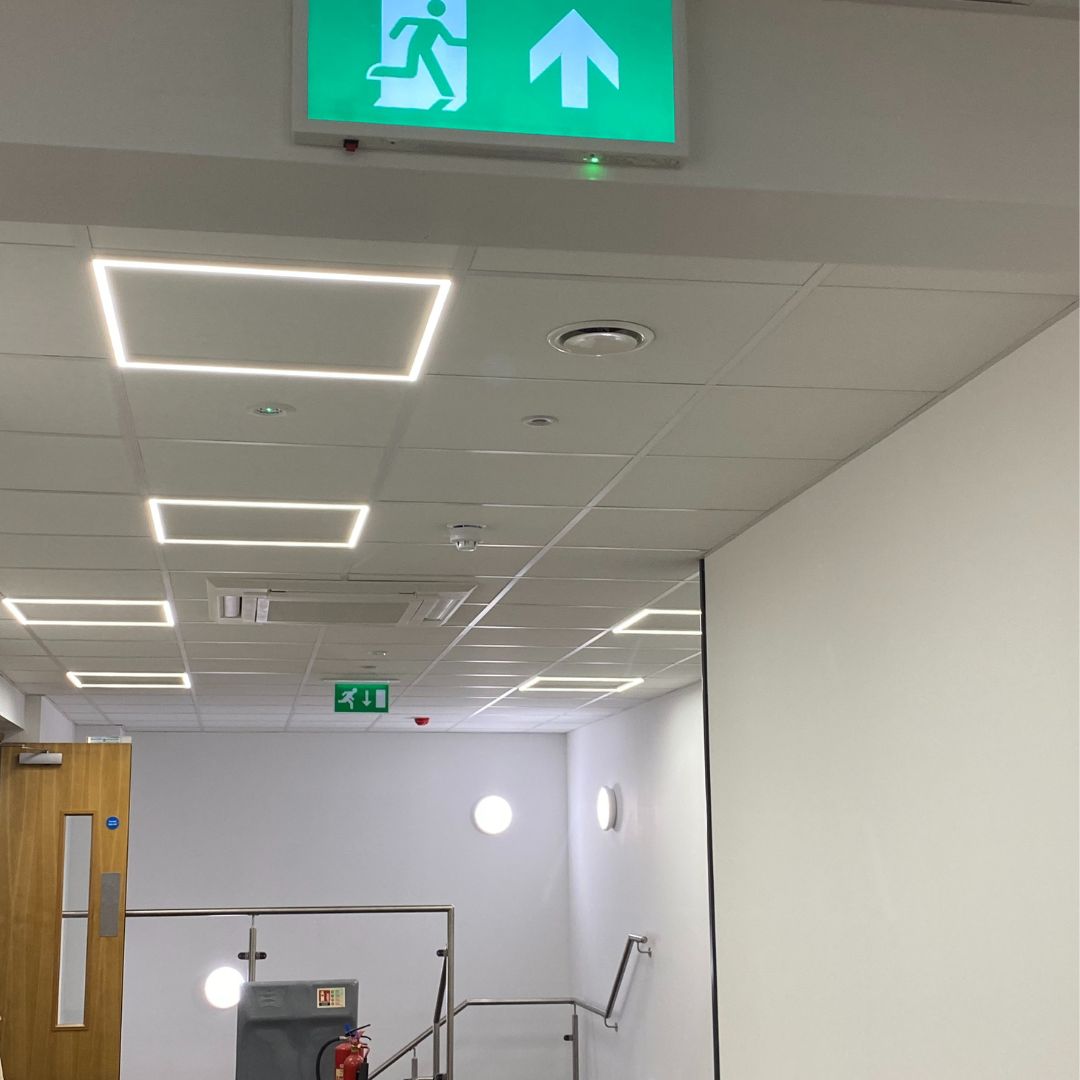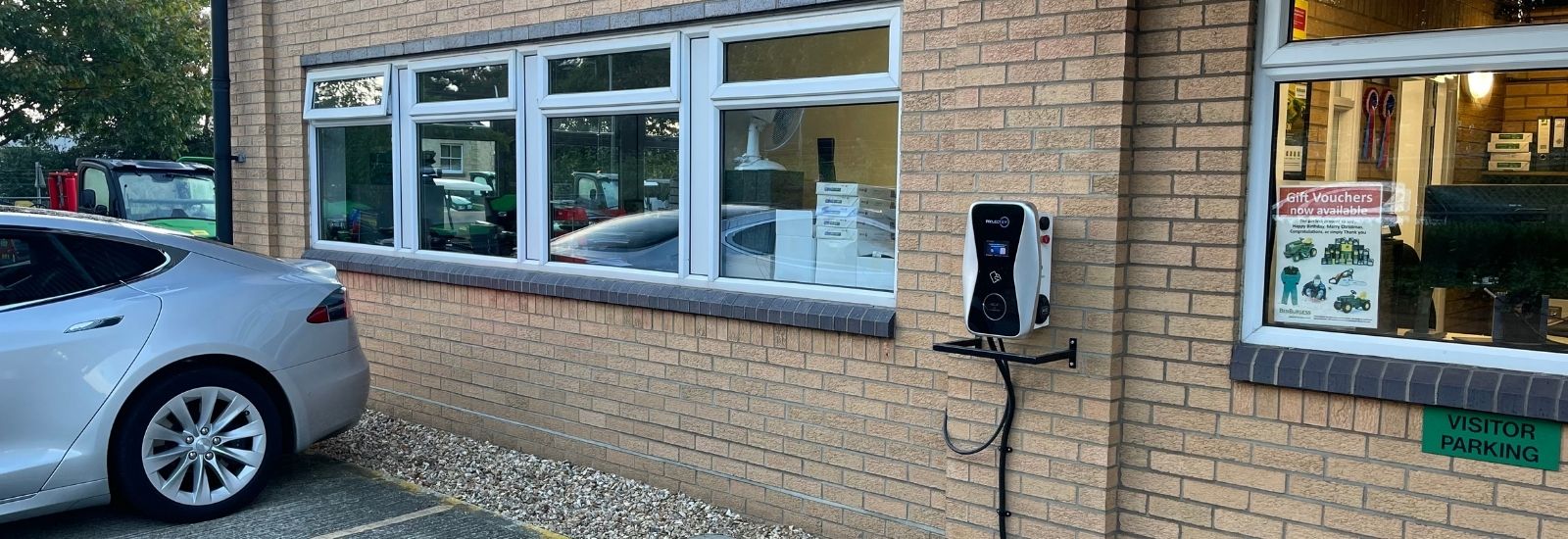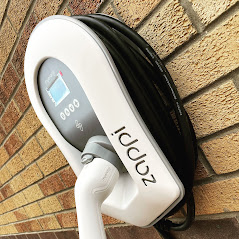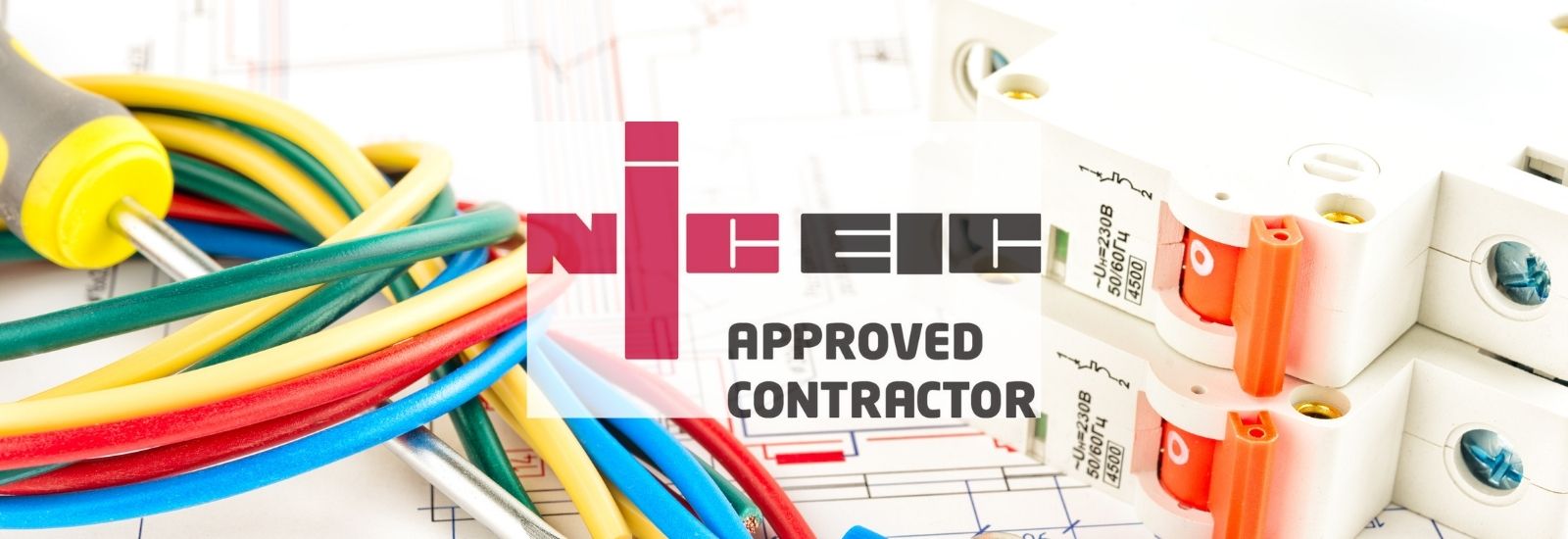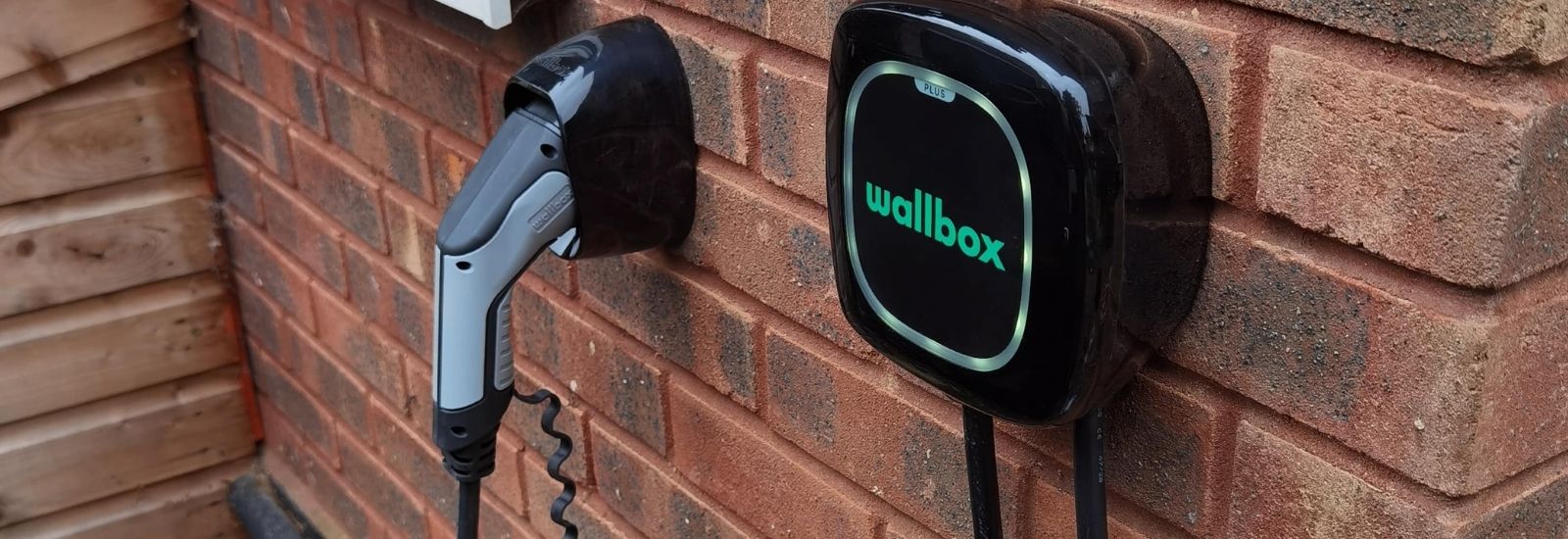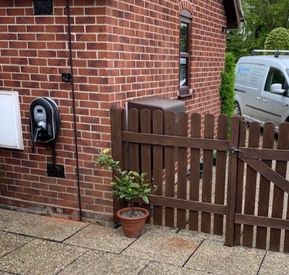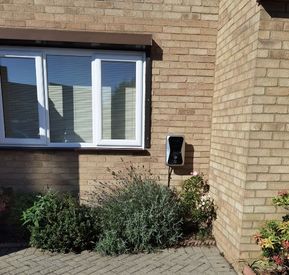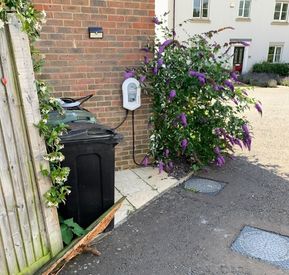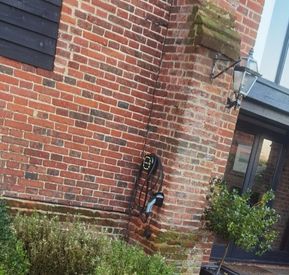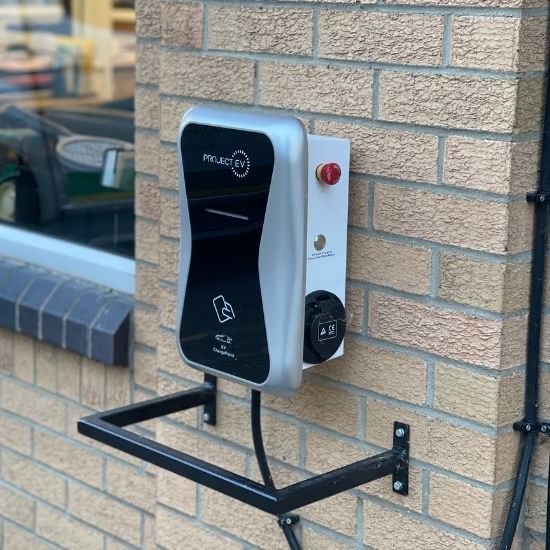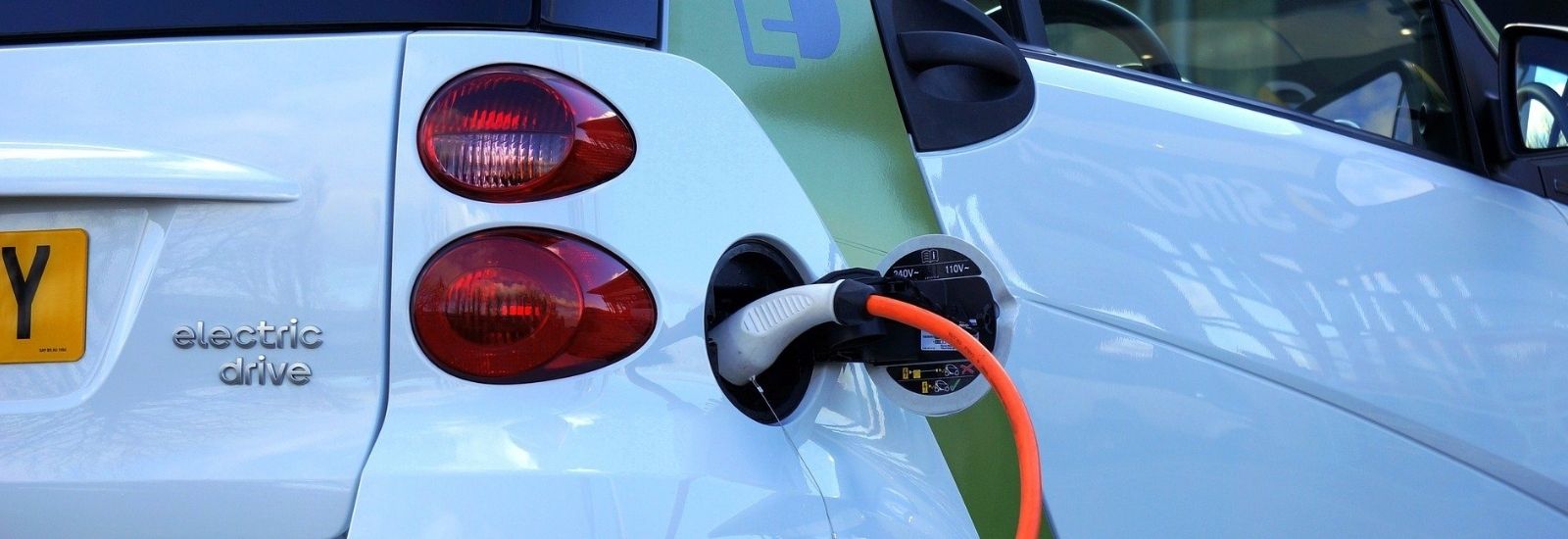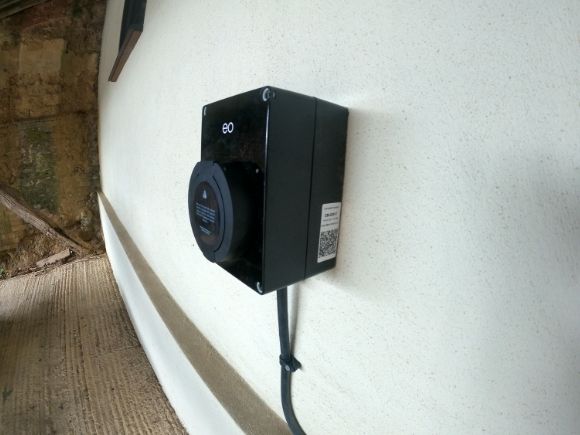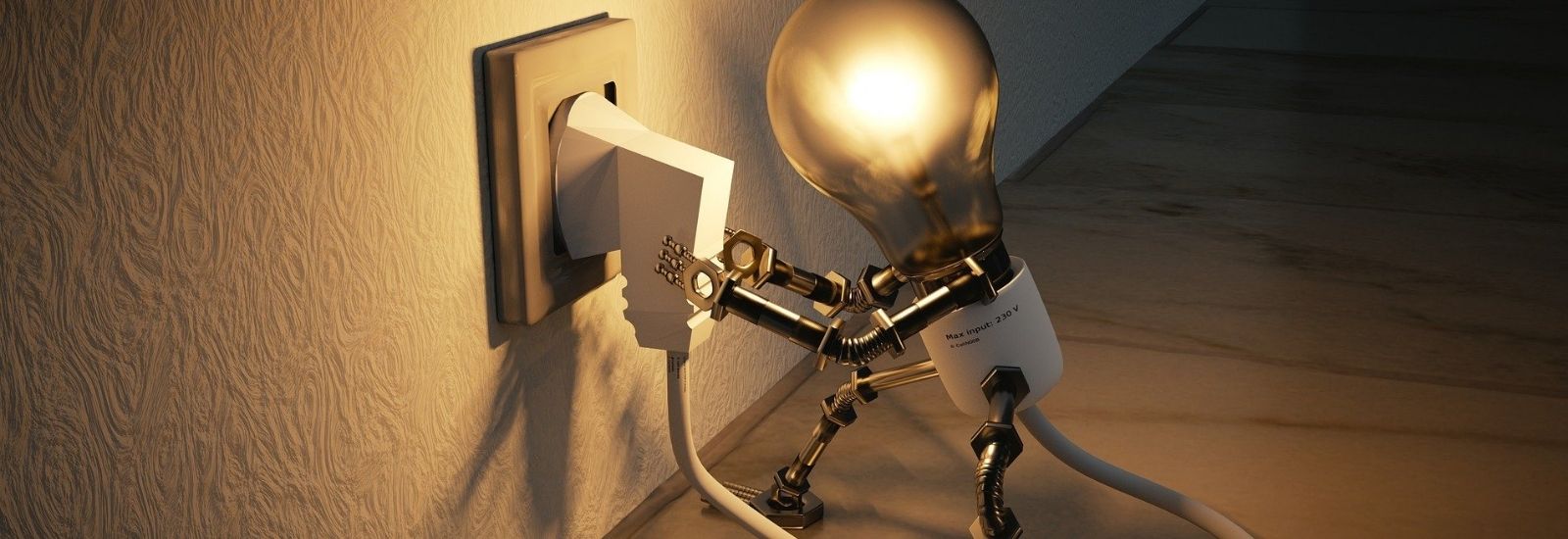Charity Sponsorship funds DJ skills programme for those with a brain injury
Diamond Services is pleased to support a new initiative from Headway Norfolk and Waveney that will see participants undertake a six week DJ skills workshop as part of the charity’s therapeutic activities.

Headway Norfolk and Waveney is an independent local charity supporting adults impacted by Brain Injury resulting from, but not limited to, stroke, road traffic accidents, trips, and falls. The charity works to improve life after brain injury by providing vital support and information services. They strive to provide innovative and inspiring therapeutic activities to assist service users with recovery after brain injury.
Amanda Barmby, Therapy Service Manager and Occupational Therapist at Headway Norfolk and Waveney commented, “Post brain injury if people have been unable to resume their previous roles, they commonly have reduced confidence and self-esteem. Learning new skills which are meaningful can encourage feelings of self-belief and competence.”
Headway Norfolk and Waveney recognise that the addition of music to any therapy programme is gaining an increasing evidence base for improving the effectiveness of rehabilitation. For clients with an interest in music, the art of DJ-ing aims to provide an enjoyable and culturally and age-appropriate medium in which to reap the rehabilitative benefits.
Amanda adds “The skills involved in being able to DJ include the ability to sustain and alternate attention by learning to switch between tasks on the decks; it utilises procedural memory and exercises many aspects of executive functioning skills. It also includes the physical benefits of practising motor co-ordination and stamina.”
The six-week DJ Skills programme, which aims to launch at the end of January, will encompass 6 weeks of 2 hours sessions with a local DJ as well as assistance from Headway Norfolk and Waveney Key Support Workers, with clients provided the opportunity to showcase their work on Community Radio Station Future Radio. Diamond Services are lead sponsors of the programme, providing vital funding for this project to take place in the local area.
Diamond Services EA commented “When we heard about the new initiative from Headway Norfolk and Waveney we were delighted to be involved. The DJ workshops will inspire, increase confidence, and help people with a brain injury develop new skills. It sounds like a great way to incorporate music therapy in rehabilitation and also a lot of fun! We look forward to hearing their showcases on Future Radio and hope that their experiences lead to more projects like this.”
For more information about the services and work of Headway Norfolk and Waveney, please visit their website.


